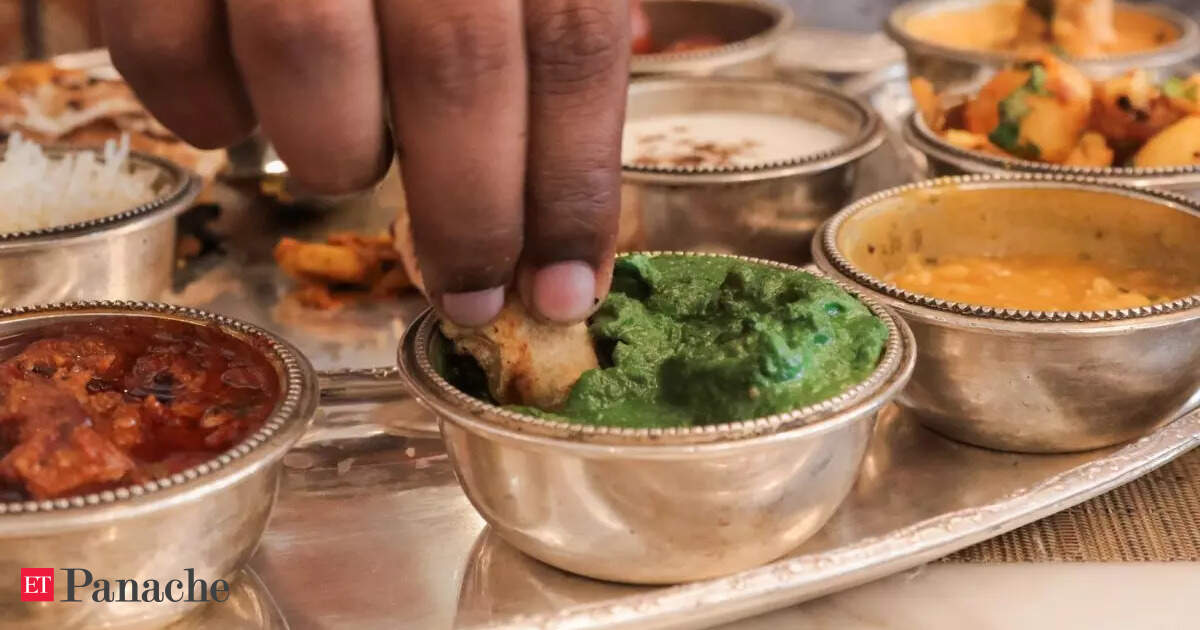In an Instagram post, Dr. Karan Ranjan, a respected medical professional and educator, has recently shared insights into how this age-old habit can positively impact overall health.
Enhancing Digestion Through Sensory Awareness
Eating with fingers engages multiple senses even before the first bite, a phenomenon known in physiology as the cephalic phase of digestion. Dr. Ranjan explains that when food is touched by clean hands, sensory nerves in the fingertips send signals to the brain, prompting the release of saliva and digestive enzymes. This prepares the stomach and intestines for efficient food breakdown and nutrient absorption. The tactile interaction also encourages slower eating and thorough chewing, which, according to contemporary nutrition research, improves digestion and reduces the risk of bloating.
Natural Aid in Portion Control and Satiety
Another key advantage of hand eating is its role in preventing overeating. Unlike metal utensils, which can promote rapid bites, using fingers slows down the pace of consumption. This deliberate pace allows the brain to register fullness more effectively, helping individuals avoid unnecessary intake. Dr. Ranjan notes that the tactile experience of feeling food reinforces mindfulness during meals, aligning with behavioral nutrition studies that link slower, attentive eating with better appetite regulation and blood sugar management.
Supporting Immunity and Gut Health
A perhaps unexpected benefit lies in immune system support. Clean hands naturally carry harmless microbes that, when introduced to food, can help train the gut’s immune defenses. Dr. Ranjan highlights that exposure to these non-pathogenic organisms contributes to microbial diversity, which is crucial for a healthy gut microbiome. Beyond digestion and immunity, the fingertips also function as a natural thermometer, enabling individuals to sense food temperature and avoid discomfort, enhancing the overall eating experience.
